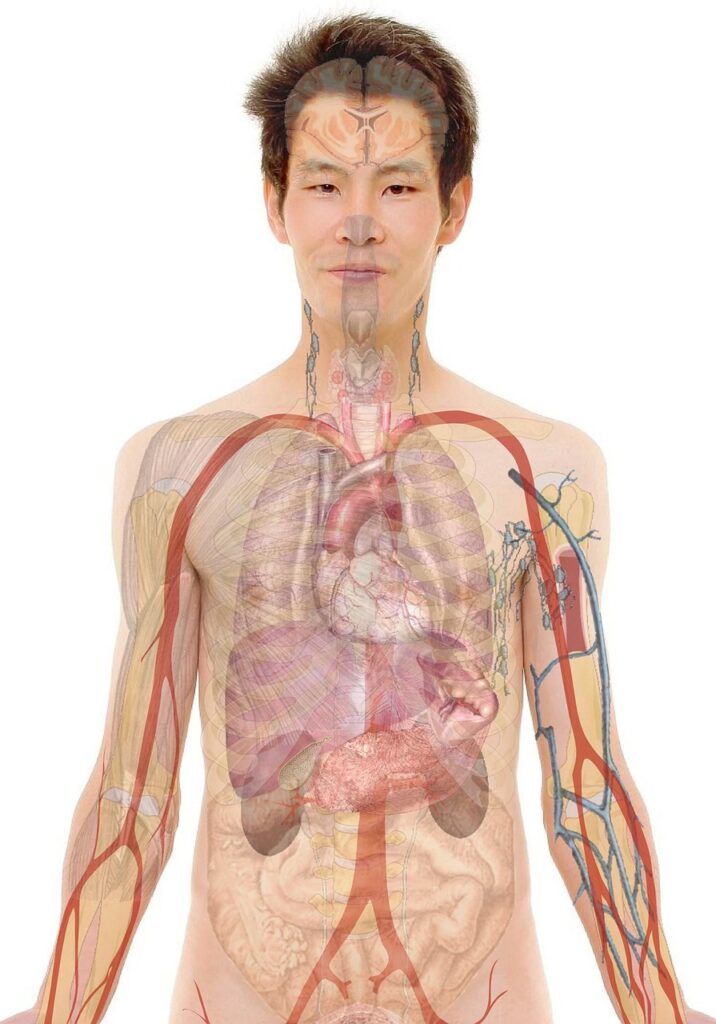
Understanding Cardiovascular Health. Consequently, Cardiovascular health is one of the most important aspects of overall well-being, yet it’s often taken for granted until a problem arises. Here, your heart and blood vessels work tirelessly to deliver oxygen and nutrients throughout your body, And when they’re compromised, your entire system feels the impact. So then, in this article, we’ll explore what cardiovascular health is, its history in medical science, the factors that affect it, warning signs of poor heart health, and practical ways to protect it.
Protecting Your Heart Through Cardiovascular Health

The American Heart Association defines optimal cardiovascular health as having:
- Normal blood pressure
- Healthy cholesterol levels
- Normal blood sugar
- Balanced weight
- Regular physical activity
- A healthy diet
- No smoking or tobacco use
A Brief History of Cardiovascular Medicine

Understanding Cardiovascular Health. So then, for centuries, the heart was more a symbol of love and spirit than a medical focus. But Ancient Egyptians understood the pulse and its relation to the heart, but it wasn’t until William Harvey’s work in 1628 that we learned the heart is a pump that circulates blood through the body.
Furthermore, over the 20th century, with the rise of electrocardiograms (ECGs), cholesterol research, and open-heart surgery, doctors gained the ability to diagnose and treat heart conditions with greater precision. As a result, today, advanced imaging, minimally invasive procedures, and preventive medicine allow many heart diseases to be managed or even avoided altogether.
Factors Affecting Cardiovascular Health

Understanding Cardiovascular Health. However, many factors influence how healthy your heart and blood vessels are, and they can be grouped into modifiable (things you can change) and non-modifiable (things you can’t change).
Non-Modifiable Factors:
- Age: Risk increases with age, especially after 45 for men and 55 for women.
- Genetics: A family history of heart disease can increase your risk.
- Gender: Men tend to develop heart problems earlier; women’s risk rises after menopause.
Modifiable Factors:
- High Blood Pressure (Hypertension)
- High Cholesterol
- Smoking
- Poor Diet (high in saturated fats, salt, and sugar)
- Physical Inactivity
- Chronic Stress
- Obesity and Diabetes
Symptoms of Poor Cardiovascular Health

Understanding Cardiovascular health. Here, heart disease can be a silent killer. symptoms may be subtle or absent until a major event occurs. Warning signs include:
- Shortness of breath
- Chest pain or discomfort
- Irregular heartbeat
- Dizziness or fainting
- Swelling in the legs or ankles
- Fatigue or inability to exercise as before
Note: If you experience sudden chest pain, pressure, or shortness of breath, seek medical attention immediately — these may be signs of a heart attack.
How to Protect Your Heart

Understanding Cardiovascular Health. But good news — lifestyle changes can dramatically lower your risk of cardiovascular disease:
- Eat Heart-Healthy Foods: Focus on vegetables, fruits, whole grains, lean proteins, and healthy fats like olive oil.
- Exercise Regularly: Aim for at least 150 minutes of moderate activity or 75 minutes of vigorous activity weekly.
- Quit Smoking: Within a year of quitting, heart attack risk drops significantly.
- Manage Stress: Mindfulness, breathing exercises, or hobbies can help.
- Get Regular Check-Ups: Monitor blood pressure, cholesterol, and blood sugar.
- Limit Alcohol: Excess drinking can raise blood pressure and contribute to heart disease.
The Importance of Prevention

Understanding Cardiovascular Health. In this case, preventive care is often more effective — and less costly — than treating heart disease after it develops. And, according to the World Health Organization, cardiovascular disease is the leading cause of death globally. However, up to 80% of premature heart attacks and strokes are preventable with lifestyle changes.
So then, by acting early and maintaining healthy habits, you can protect your heart for decades to come.
✅ Takeaway: Your cardiovascular system is the lifeline of your body. Treat it well, and it will serve you for years to come.
Pensioner Fitness – Helping You Stay Strong, Steady, and Self-Reliant
DONATE
Pensioner Fitness Awards
THE BUSINESS CONCEPT, BEST IN BUSINESS AWARDS
- “MOST INSPIRING SENIOR WELLNESS WEBSITE 2023“
THE GLOBAL HEALTH AND PHARMA, FITNESS AND NUTRITION AWARDS
2. “BEST SENIOR FITNESS AND NUTRITION SPECIALIST 2023“
THE MIDDLE EAST AND AFRICA BUSINESS AWARDS
3. “ MOST INCLUSIVE FITNESS PROVIDER 2023″
THE CORPORATE LIVE WIRE GLOBAL AWARDS 2023/2024
4. ” FITNESS ADVISORY PLATFORM OF THE YEAR“ 2023/2024
In Conclusion
Understanding Cardiovascular Health. Here, Cardiovascular health refers to the well-being of the heart and blood vessels, which play a crucial role in maintaining overall health. Also, it encompasses various factors, including blood pressure, cholesterol levels, and the presence of cardiovascular diseases. And understanding cardiovascular health is essential for preventing heart-related conditions and promoting longevity. For example, maintaining good cardiovascular health is vital for reducing the risk of heart disease, stroke, and other serious health issues. Consequently, a healthy cardiovascular system ensures that oxygen and nutrients are efficiently delivered to tissues and organs. Thus, supporting their proper functioning. Moreover, cardiovascular health is linked to overall wellness, influencing energy levels, mental health, and quality of life.
Important Note *
Remember that everyone is different, it is ultimately YOUR RESPONSIBILITY to find what your body responds to. So please do your due diligence before trying anything new, including getting Medical Advice to ensure your safety and peace of mind.
Connect with me and leave a com